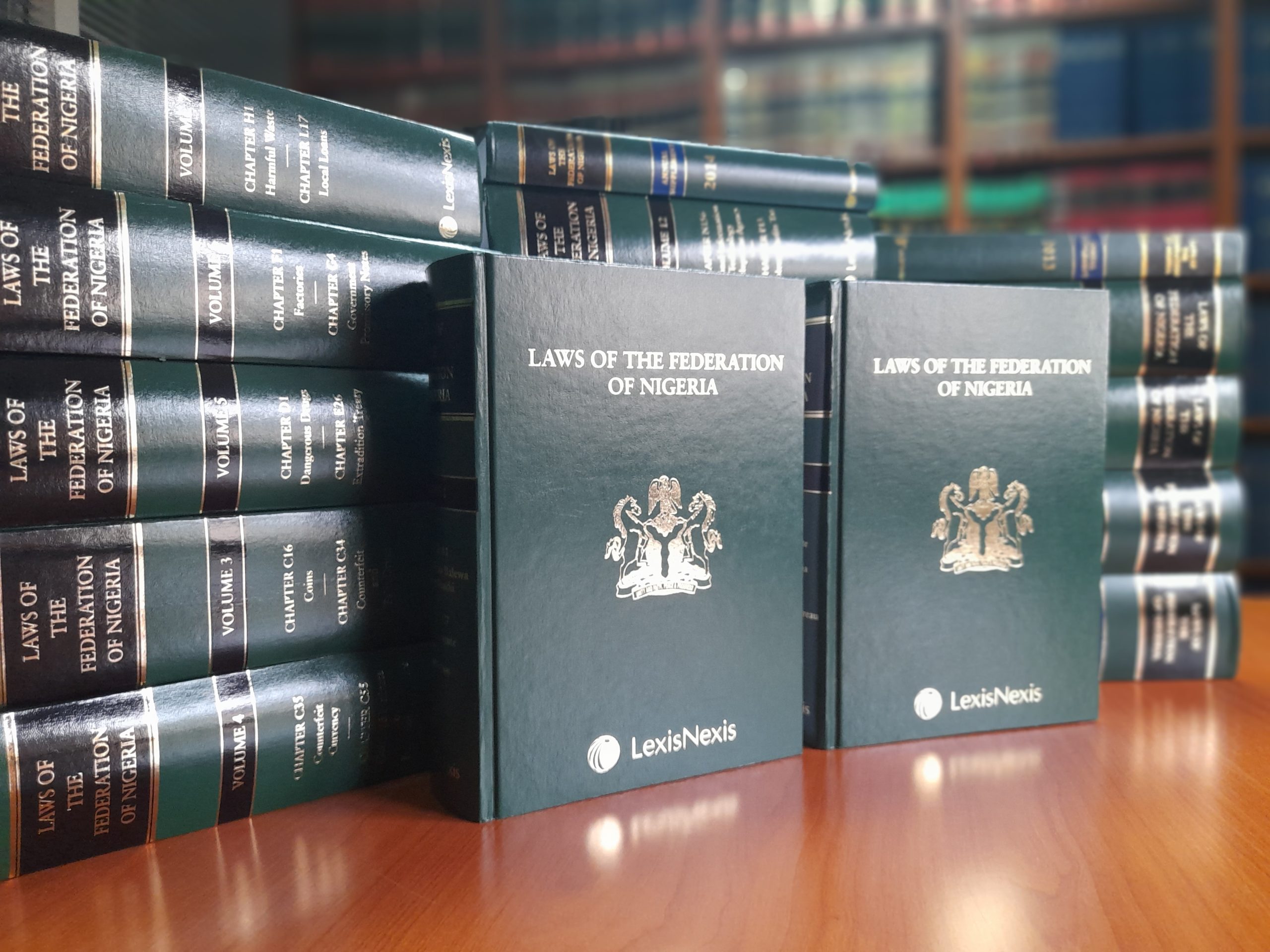In Nigeria, a lawyer owes her client a duty of confidentiality, also known as legal professional privilege. The legal framework for legal professional privilege in Nigeria remained undisturbed until 3 June 2011, when the Money Laundering (Prohibition) Act of 2011 (MLA 2011) came into force. On 14 June 2017, in the case of Central Bank of Nigeria vs. Nigerian Bar Association & Anor (CBN vs. NBA & Anor), the Court of Appeal unanimously nullified the provisions of Sections 5 and 25 MLA 2011 as they relate to the legal profession, thereby removing the doubts created by the MLA 2011 about the status of legal professional privilege. This decision was reaffirmed by the same court in FRN vs. Ozekhome on 14 May 2021, and in apparent reaction to both decisions, the Nigerian National Assembly enacted the Money Laundering (Prevention and Prohibition) Act (MLA) 2022, whose provisions clearly seek to limit the status of legal professional privilege in Nigeria. This piece therefore aims to examine the provisions of the MLA 2022 in light of the said decisions.


